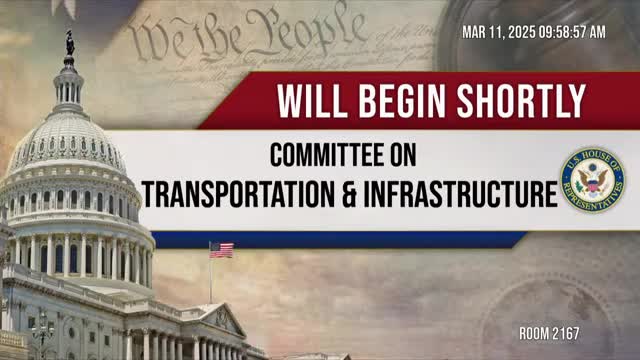Article not found
This article is no longer available. But don't worry—we've gathered other articles that discuss the same topic.
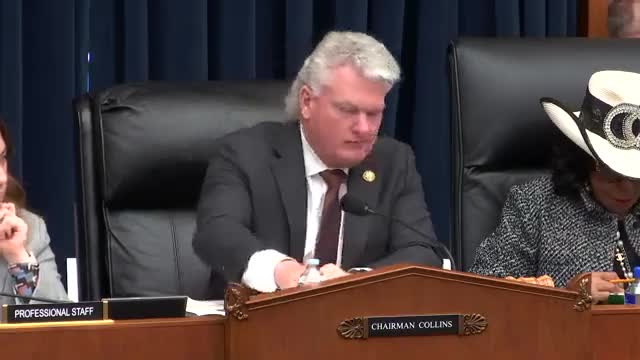
Longtime Hempstead resident Mary Purdy credited with pushing local action after PFAS found in village water
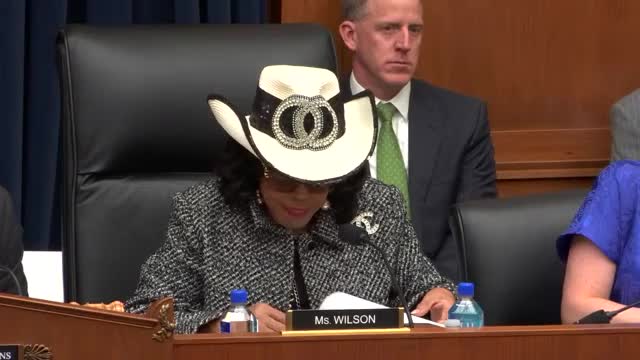
Members and witnesses warn proposed EPA cuts could slow water projects and agency processing
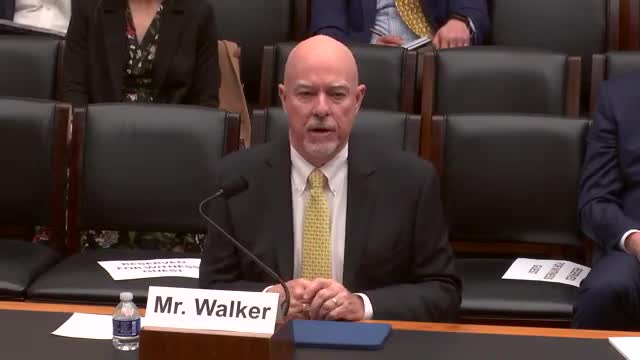
Witnesses urge WIFIA and SRF tweaks to help small and rural systems access financing
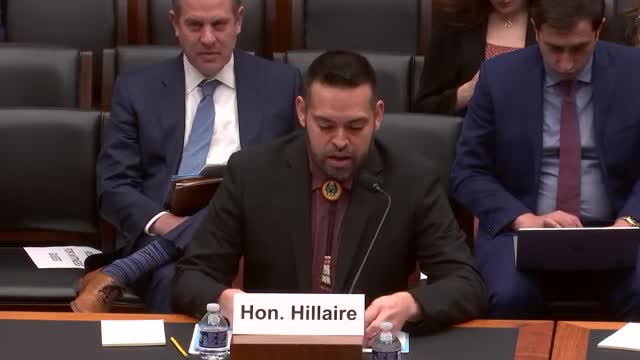
Lummi Nation testifies on wastewater failures and calls for tribal set‑asides and streamlined funding
